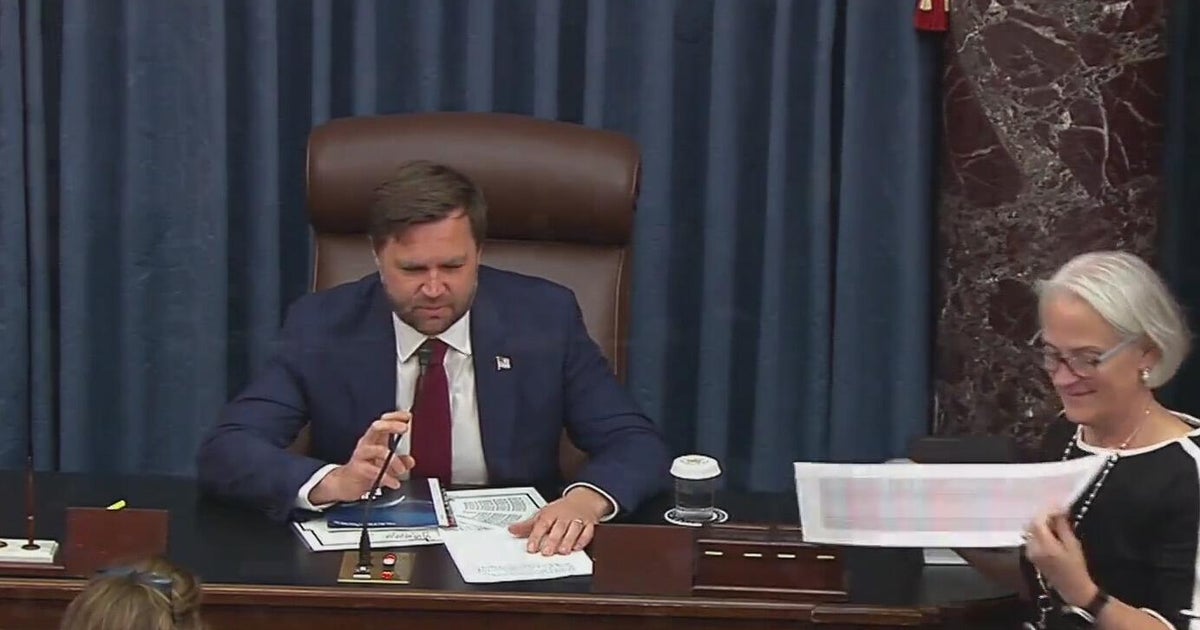Coin WorldTuesday, Jul 15, 2025 7:54 pm ET
![]() 2min read
2min read
Ghana is taking a significant step forward in the world of digital assets by finalizing a comprehensive regulatory framework for cryptocurrency. This move aims to bring various digital asset platforms under formal oversight, potentially setting a precedent for other developing economies. The initiative underscores Ghana’s commitment to fostering innovation while mitigating risks associated with the unregulated crypto space, such as consumer protection, illicit financial flows, and market stability.
For businesses operating digital asset platforms in Ghana or those looking to enter the market, this upcoming framework will provide much-needed clarity. Currently, the lack of clear rules can deter legitimate businesses and investors. A well-defined regulatory landscape can enhance trust, promote innovation, combat illicit activities, and foster growth by bringing platforms into the formal financial system. This move signals Ghana’s readiness to embrace the digital economy responsibly.
Developing a comprehensive cryptocurrency framework involves balancing the decentralized nature of crypto with the need for centralized oversight. While the specifics of Ghana’s framework are yet to be fully disclosed, it is expected to cover key areas such as licensing and registration, consumer protection, anti-money laundering and counter-terrorist financing, taxation, and market integrity. The success of this framework will depend on its adaptability and ability to keep pace with rapid technological advancements in the crypto space.
Ghana’s proactive stance could significantly impact the broader landscape of African crypto adoption. The continent has seen remarkable growth in cryptocurrency usage, often driven by a need for alternative financial services, remittances, and inflation hedging. However, regulatory responses have been varied, from outright bans to cautious experimentation. If Ghana successfully implements a balanced and effective framework, it could serve as a blueprint for other African nations, leading to a more harmonized regulatory environment across the continent. This could facilitate cross-border crypto transactions and foster regional digital economic integration, moving African crypto from a largely informal sector to a more formalized and secure one.
Ultimately, the core objective behind Ghana’s regulatory push is to enhance financial stability. Unregulated digital assets can pose systemic risks to a nation’s financial system, including volatility spillover, potential for financial fraud, and challenges to monetary policy. By bringing these assets under regulatory purview, the Bank of Ghana and other financial authorities aim to monitor and manage risks, protect the financial system, and support economic growth. This forward-thinking approach positions Ghana not just as a participant, but as a leader in shaping the future of finance on the African continent.
Whether you’re a crypto enthusiast, an investor, or a business owner, Ghana’s move signifies a maturing market. It means more security, potentially more mainstream adoption, and a clearer path for legal and compliant operations. It’s a testament to the growing recognition of cryptocurrency’s permanent place in the global financial landscape. Ghana’s finalization of its cryptocurrency regulatory framework is a landmark decision that reflects a pragmatic understanding of the digital age, recognizing that rather than resisting change, it’s more beneficial to embrace and shape it responsibly. By providing a clear and robust framework for digital asset platforms, Ghana is not only safeguarding its financial system but also paving the way for a more innovative, inclusive, and secure digital future. This bold step sets a powerful example for how nations can navigate the complexities of cryptocurrency to harness its immense potential.









 English (US) ·
English (US) ·